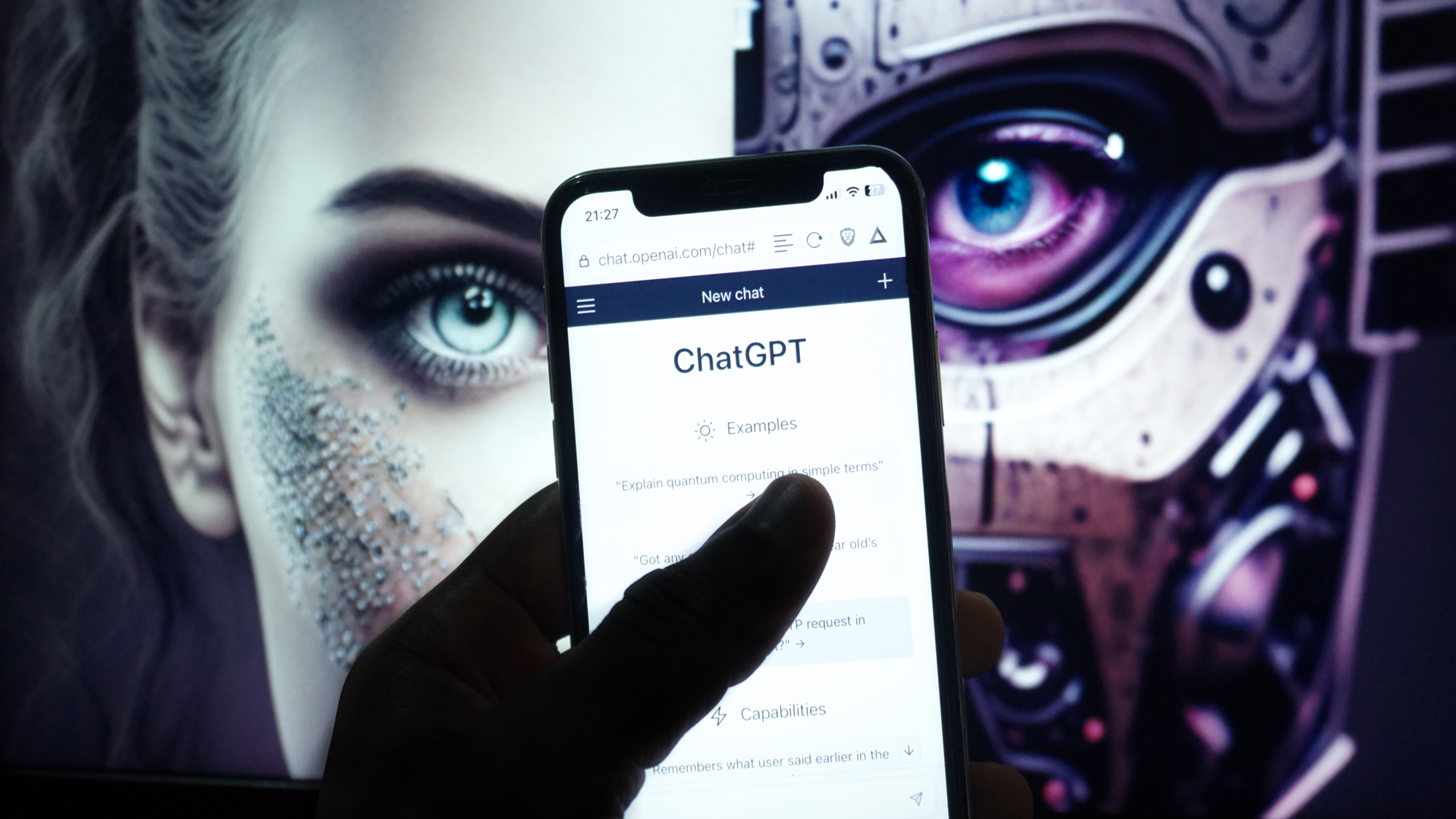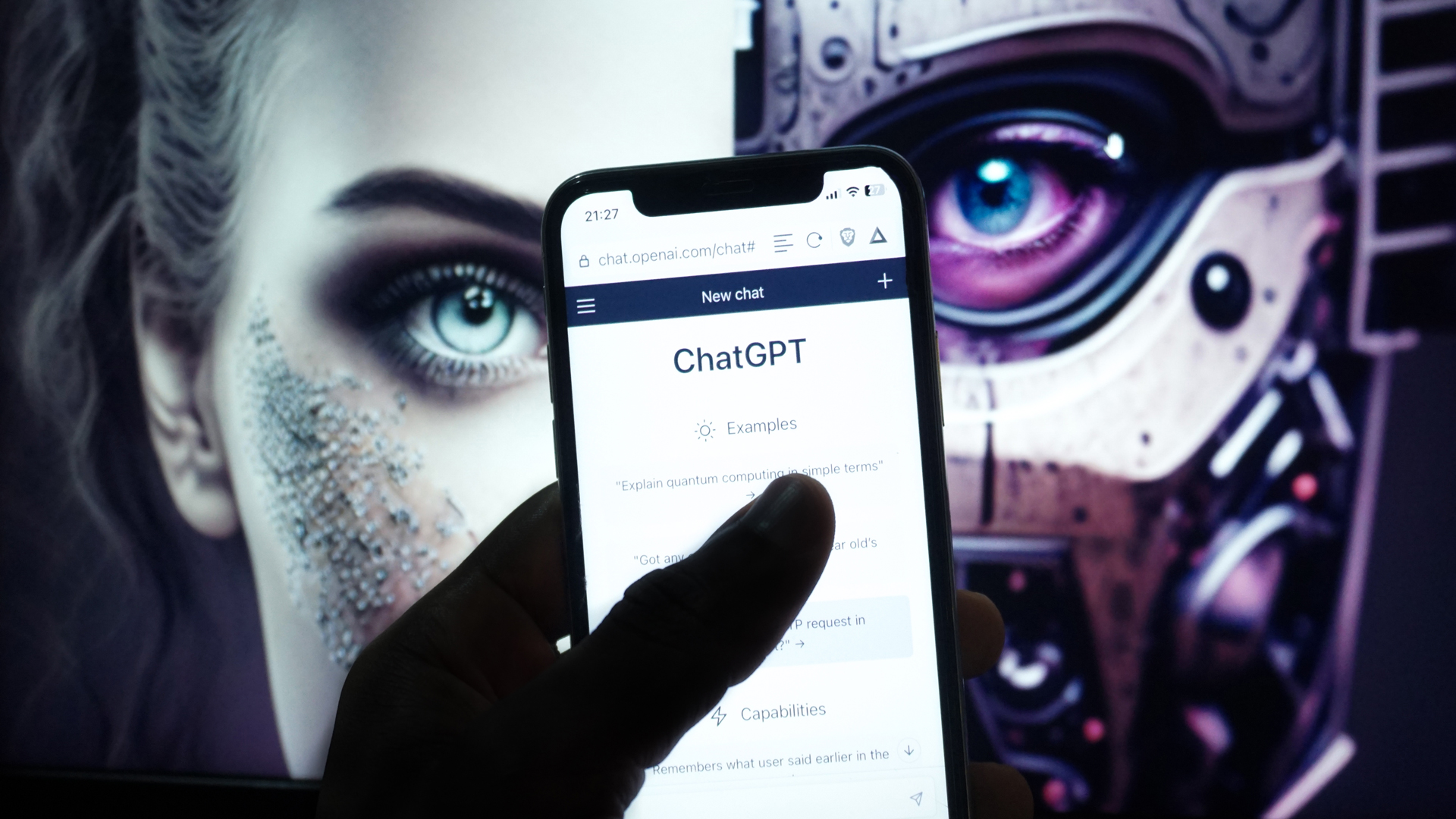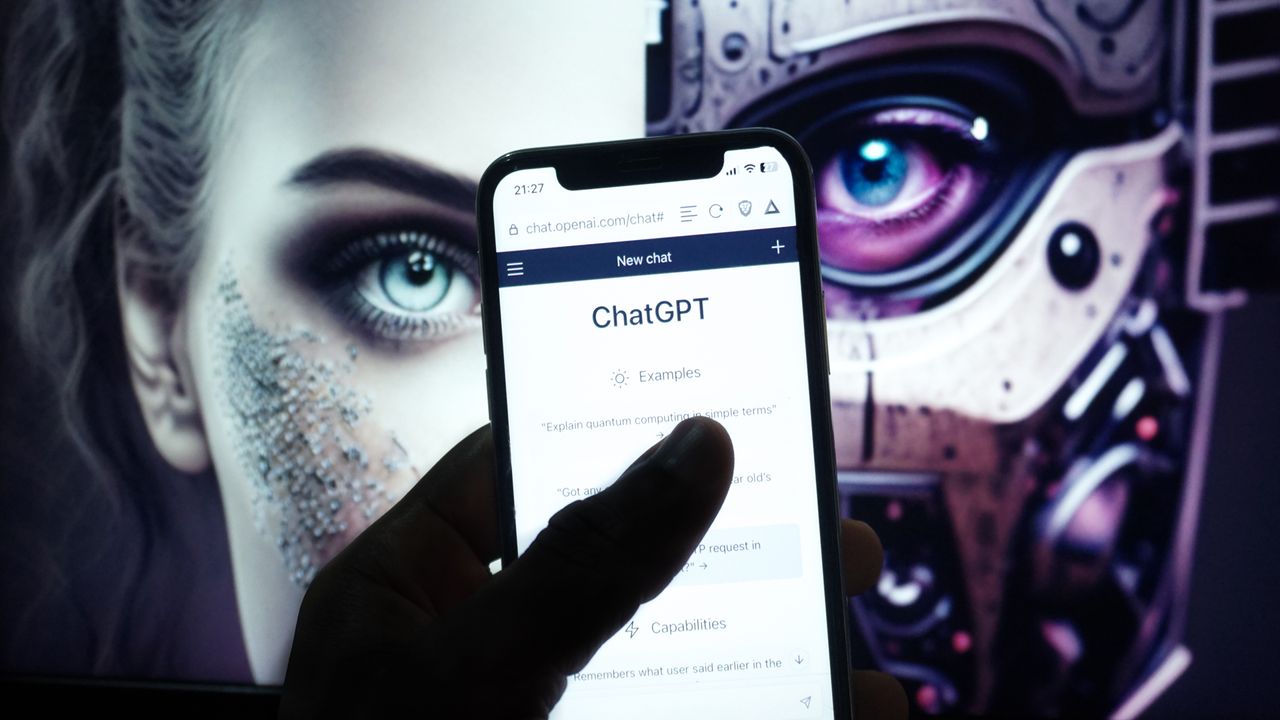Key Points
- OpenAI adds parental controls that let parents link accounts for users as young as 13.
- Parents can set feature restrictions, control chat‑history saving, and receive distress alerts.
- Sensitive or mental‑health‑related conversations are routed through a specialized, cautious model.
- Age‑appropriate content filters are enabled by default for younger users.
- An Expert Council on Well‑Being and a Global Physician Network of over 250 professionals guide the safety system.
- The rollout begins next month, offering a proactive approach to AI‑driven mental‑health support.


ChatGPT
OpenAI introduces parental controls for ChatGPT
OpenAI is adding a set of parental‑control tools to its ChatGPT platform. The new features allow parents to link their own accounts to those of children as young as 13, giving them the ability to restrict certain functionalities and to monitor usage for signs of emotional distress. When the AI detects language that suggests depression, anxiety, or other mental‑health concerns, parents receive real‑time alerts.
Beyond alerts, the system can limit whether the chatbot retains conversation history or uses its memory feature, providing an extra layer of privacy control for families. Age‑appropriate content guidelines are enabled by default, ensuring that responses are tailored to younger users.
OpenAI also announced that conversations flagged as potentially sensitive—particularly those involving mental‑health struggles or suicidal ideation—will be routed through a specialized version of the model. This version employs a method known as deliberative alignment, which is designed to respond more cautiously, resist adversarial prompts and adhere strictly to safety guidelines.
Expert guidance and medical oversight
To shape how distress is detected and how the AI should respond, OpenAI created an Expert Council on Well‑Being and AI and assembled a Global Physician Network. The network includes more than 250 medical professionals specializing in mental health, substance use and adolescent care. These advisors help define escalation protocols and ensure that the model’s interventions align with clinical best practices.
The rollout is slated to begin within the next month, with the parental‑control dashboard becoming available to users who opt in. OpenAI emphasizes that the tools are intended to be proactive, aiming to intervene before a conversation reaches a crisis point rather than reacting after the fact.
Overall, the new safety upgrades represent a shift toward greater responsibility for AI interactions involving teenagers. By combining parental oversight, specialized model routing, and expert medical input, OpenAI seeks to make ChatGPT a safer companion for younger users while preserving the utility that has made the service popular across age groups.
Source: techradar.com
